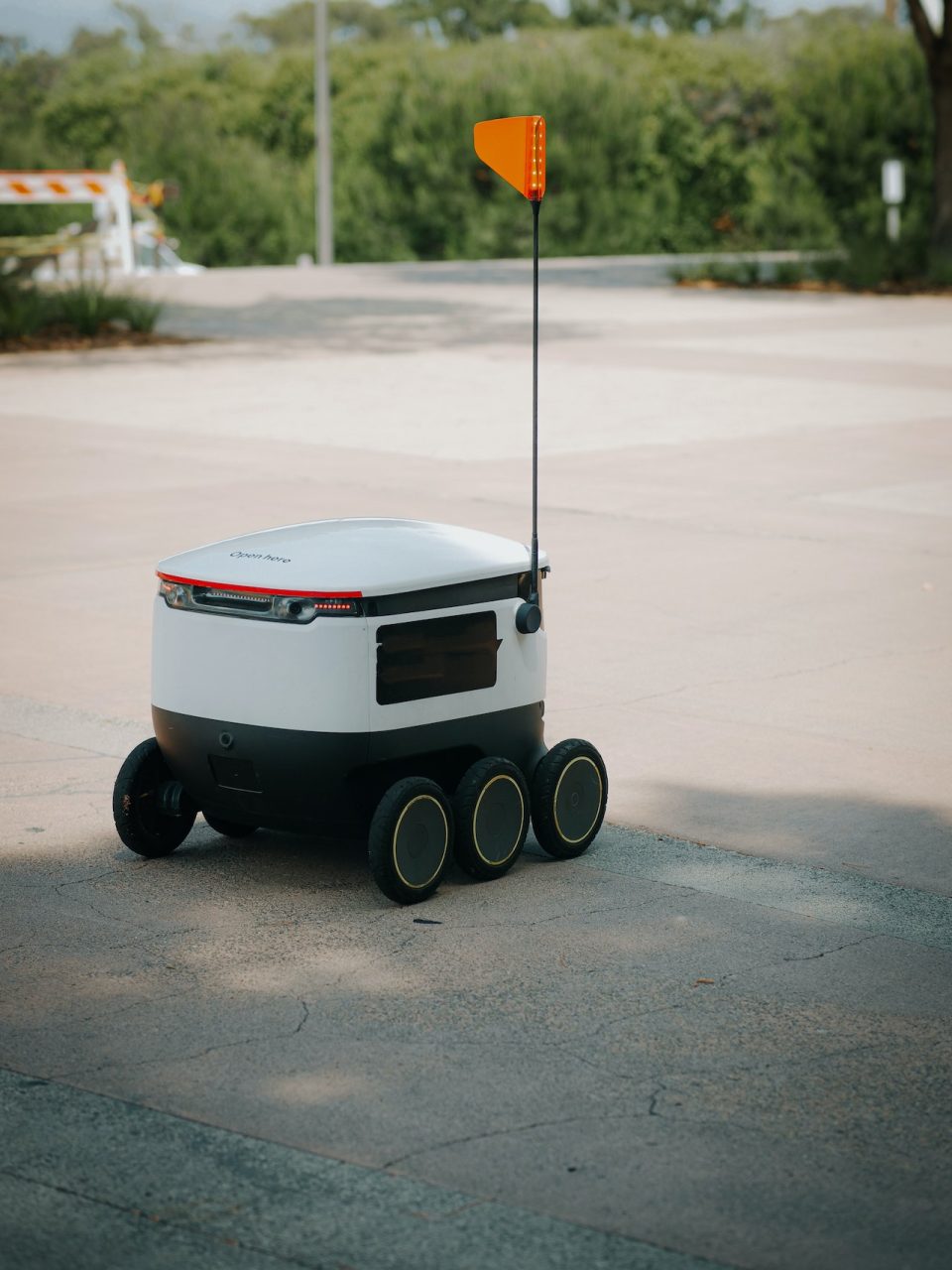Tyson Foods (TSN) has joined forces with autonomous vehicle manufacturer Gatik to initiate trials of driverless trucks in northwest Arkansas. The collaborative venture, announced on Wednesday, marks the commencement of a multiyear contract. Initial operations began last week with a four-truck fleet of Class 7 autonomous vehicles specially designed for transporting heavier frozen meats. Patrick Simmons, Vice President of Transportation at Tyson Foods, disclosed that several additional trucks are slated for delivery within a month.
However, consumers shouldn’t expect to encounter these self-driving trucks at their local supermarkets just yet. At present, they are deployed for short-haul deliveries from production plants to various cold storage facilities, typically spanning distances of 10 to 15 miles.
Simmons emphasized, “We’re focusing on what I would term our ‘middle mile.’ Assuming everything proceeds as planned, and we foresee it scaling up, we’ve identified approximately 40 sites across the United States for potential future implementation.”
For the interim, human drivers will remain onboard as the AI software familiarizes itself with the routes. The transition to completely autonomous operation is anticipated to occur within a span of six months.
The previous collaborations of Gatik include Kroger (KR), which announced intentions in March to facilitate grocery deliveries to Dallas stores, as well as Walmart (WMT), fellow Arkansas-based neighbor of Tyson Foods.
Simmons underscored the timeliness of this innovative step in transportation. He stated, “In the wake of the lessons from COVID, there were significant supply chain challenges, not only in our industry but across the global spectrum. This empowers us to be more self-reliant, nimble, mobile, flexible, and better serve the business, ultimately benefiting our customers.”
Tyson’s shift towards AI technology is in part a response to the ongoing truck driver shortage, a predicament that was exacerbated during the pandemic and persists today, as noted by Simmons. He also clarified that the introduction of autonomous trucks is not aimed at job displacement, but rather at aligning roles with the preferences of existing drivers.
“Truck drivers aren’t keen on those short-haul runs that involve navigating through traffic,” he elaborated. “They prefer to hit the highway, cruise at 65 miles per hour, and cover 300, 400, or 500 miles at a stretch.”
The incorporation of AI in these driverless trucks also enables Tyson to utilize each vehicle for longer durations compared to a conventional truck driver, adhering to safety regulations set forth by the Department of Transportation. Instead of a maximum 11-hour operational period, Tyson envisions the driverless trucks running for up to 18 hours a day.
Looking ahead, Simmons expressed optimism that these efforts could attract younger generations of workers, who are generally more inclined towards careers in technology, and who could manage the fleet remotely or through drone technology.
“That’s a productivity boost for us,” Simmons stated. “Subsequently, we can reallocate our truck drivers to roles that better suit their preferences.”
Following a series of disappointing quarterly results, Tyson Foods has been working to regain its footing. Over the past year, shares of the food producer have witnessed a 30% decline. In its latest quarter, Tyson’s earnings fell below estimates due to weakened consumer demand and an oversupply situation that led to price reductions for several products.
The company also announced plans to close three chicken-processing facilities in October of this year, including locations in North Little Rock, Arkansas; Noel, Missouri; and Dexter, Missouri. The fourth facility in Corydon, Indiana, is scheduled to close on or around March 1, 2024.
Subsequent to these developments, JPMorgan analyst Ken Goldman observed that the closures would be “beneficial to margins but not to an industry that remains arguably over-supplied.”
As part of its strategy to streamline operations, Tyson also disclosed plans to launch a new supply chain center. Additionally, Brady Stewart, formerly responsible for overseeing the fresh meats business, will assume the role of Chief Supply Chain Officer for the company.
Regarding the outlook for 2023, Tyson anticipates total sales in the range of $53 billion to $54 billion for the full year, with sales growth expected to remain flat year over year.
Source: Yahoo finance

